The initiative introduces a range of projects focused on expanding its satellite capabilities, including on-orbit surveillance, and its communication systems.
The French Armaments Directorate General (DGA) is launching several major space projects under a new initiative collectively worth over EUR1 billion, a 19 June press release from France’s Ministry of the Armed Forces has revealed.
Following the signing of the Space Pact on 17 June, which brings the military closer to the space industry, these projects will “provide the French forces with all the space capabilities required to address evolving threats”, the armed forces said.
DSEI Gateway reached out the Ministry of the Armed Forces on the significance of the project and its likely effect on France’s defence industry but had not received a response at the time of publication.
The first project, dubbed the Neo-Space for Multiple Secure Uses (NEXUS) programme, concerns military space communication capabilities and centers on a framework agreement with French satellite company Eutelsat.
Worth up to EUR1 billion, NEXUS looks to create a multi-orbit constellation, augmenting France’s existing Syracuse military communications satellite programme with a “constellation of satellites in low Earth orbit”, while also improving the security and functionality of Eutelsat’s existing OneWeb civilian satellite infrastructure.
Lasting for 10 years, the “framework agreement covers the provision of priority access space resources (notably those of the OneWeb constellation), the development and security of this constellation, as well as the hosting of auxiliary missions”, the Ministry of the Armed Forces said.
This project aims to “reaffirm the importance and strategic nature of the EU IRIS²” programme, which involves developing a multi-orbit satellite internet constellation for military purposes.
The second project will equip the French armed forces with advanced electronic antennae developed by French startup Greenerwave. These antennae are simple to manufacture, cheap to make, perform at a high level, and more power efficient, the Ministry of Armed Forces said.
Thirdly, France is awarding the ‘Reconnaissance and Identification for Space Environment Surveillance at All Altitudes’ (RIVESALT) contract to French space technology company Aldoria.
RIVESALT will strengthen France’s on-orbit space observation and identification capabilities at all levels of orbit, giving French Space Command improved orbital situational awareness and contributing to France’s “strategic autonomy in space surveillance”.
The fourth and final project announced looks to develop nanosatellites, following an industrial guidance note published by the DGA.
“The guidance note published by the DGA is intended to promote the development of the nanosatellite industry by supporting sector players in various fields”, the Ministry of the Armed Forces said.
“The nanosatellite industry is experiencing rapid growth worldwide, radically transforming access to space and its applications. Nanosatellites present significant opportunities for the defence sector, particularly given their reduced lead times and the capabilities they offer”, the Ministry of the Armed Forces added.
DSEI Gateway News is part of DSEI UK and the broader Clarion Defence portfolio.
Enjoy reading this article? Click here to read more about our upcoming DSEI membership offering...
Tags
- armed
- capabilities
- communication
- constellation
- defence
- eur1bn
- expanding
- focused
- forces
- france
- frances
- french
- including
- industry
- initiative
- introduces
- major
- military
- ministry
- orbit
- over
- project
- projects
- range
- satellite
- space
- surveillance
- systems
- unveils
- worth
Providing impartial insights and news on defence, focusing on actionable opportunities.
-
Featured New
The future of procurement: why as-a-service is gaining ground
16 Jan 2026 Olivia SavageWhile the ‘as-a-service’ model is common for software procurement, militaries are beginning to explore this approach to acquiring other military capabilities. -
Participation is a minimum requirement for those looking to win UK Home Office C-UAS contracts.
-
New
Sweden to acquire air defences, drones and satellites in procurement push
15 Jan 2026 Benjamin HoweThe announcements come amid the country’s Society and Defence Annual Conference in Sälen.


)
)
)
